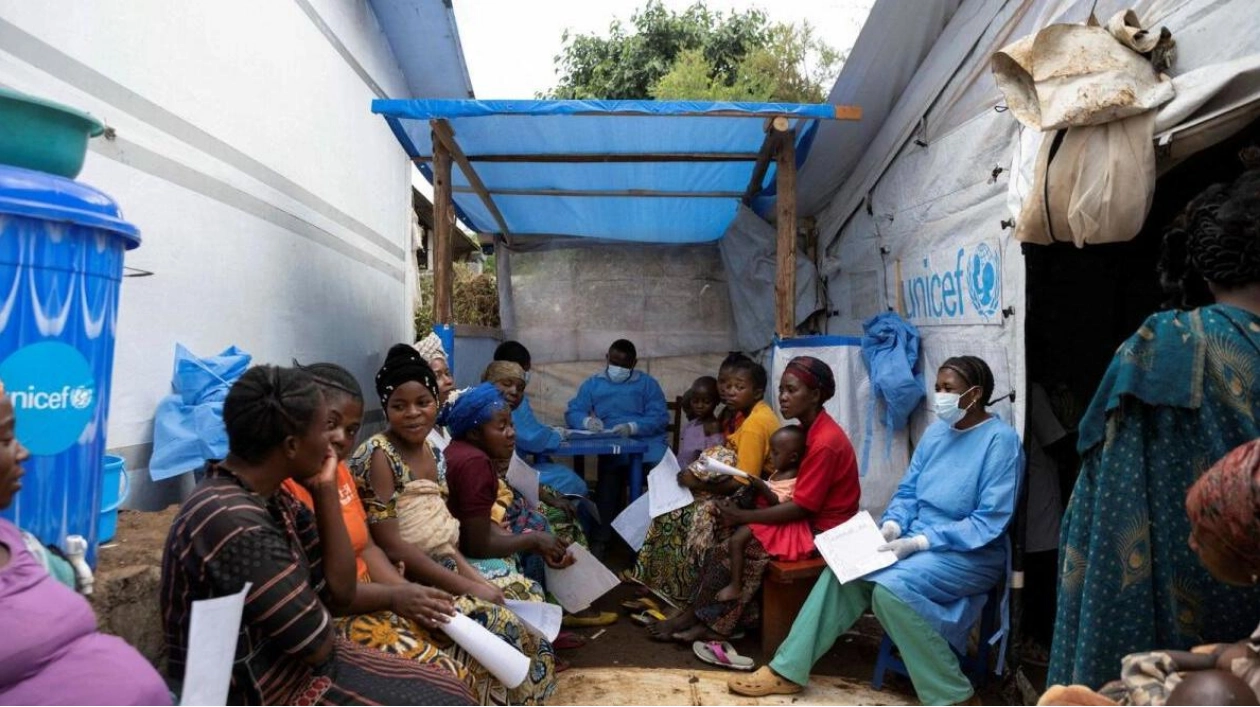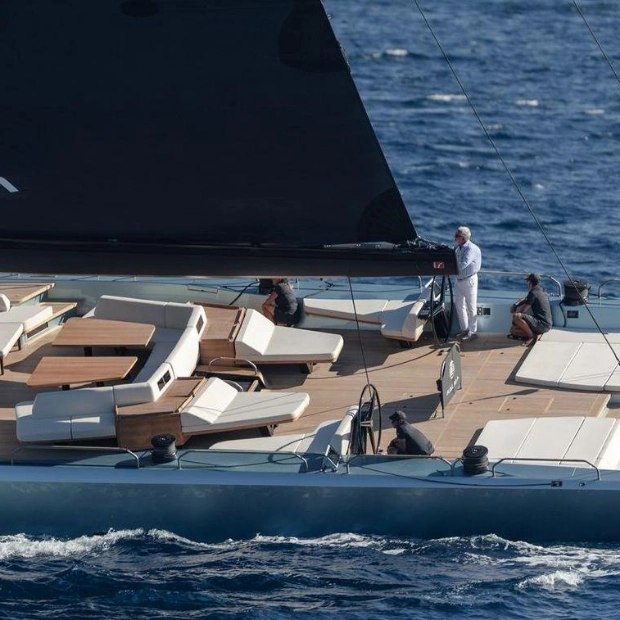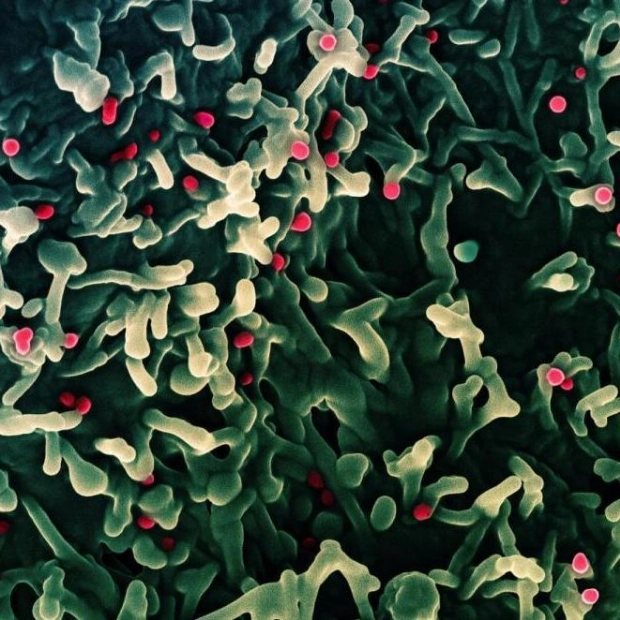Wealthy nations possess hundreds of millions of vaccine doses that could aid in combating an mpox outbreak in Africa, where donated shots significantly fall short of the required amount, according to a Reuters analysis of public statements, documents, and estimates from non-governmental organizations. These vaccines have been stockpiled for years by countries like Japan, the United States, and Canada in anticipation of a potential resurgence of smallpox, a disease eradicated but more dangerous than mpox. Some of these vaccines were utilized outside Africa in 2022 when mpox spread globally.
A small portion of these doses could potentially mitigate the current worst mpox outbreak on record in the Democratic Republic of Congo and neighboring countries, according to disease experts. Less than four million doses have been pledged for donation, while an estimated 18 to 22 million doses are needed to vaccinate 10 million people within the next six months, depending on the vaccine type, as stated by Africa's Centers for Disease Control and Prevention.
Maria Van Kerkhove, acting head of pandemic and epidemic prevention at the World Health Organisation, described the issue as a political rather than a technical one. She is advocating for increased donations alongside Africa's CDC and other health authorities. Van Kerkhove emphasized that vaccines are ineffective if left on shelves, questioning why they are not being distributed to those in immediate need.
The current outbreak commenced in early 2023 in Congo, accounting for the majority of the 37,500 infections and 1,451 deaths. It has since spread to 14 African countries, according to Africa's CDC. A vaccination campaign using 265,000 donated doses is scheduled to begin in Congo in early October. Cris Kacita, head of Congo's mpox response, expressed regret that more doses were not available earlier to facilitate a larger-scale campaign and reduce transmission.
Health officials are particularly concerned about a new strain, clade Ib, initially identified in Congo, which appears to spread more easily through close contact. Children and individuals with immune system conditions like HIV are especially vulnerable. The risk outside Africa appears minimal at present. Other factors impeding the mpox response include slow regulatory procedures at WHO and in Congo, high vaccine costs, and competing health crises exacerbated by conflict.
Mpox vaccines alone are not a panacea; affected countries also require access to testing and awareness programs to effectively manage outbreaks. The glaring disparity in vaccine access underscores that governments are still unprepared to address viral threats at their source before they spread.
Peter Maybarduk, access to medicines director at the U.S. consumer group Public Citizen, highlighted the significant danger posed by the lack of interest in mpox and other viral threats where they emerge. Three vaccines recommended by the WHO are held in stockpiles worldwide: Bavarian Nordic's Jynneos (Imvanex or Imvamune outside the United States); KM Biologics' LC16; and Emergent BioSolutions' ACAM2000.
These vaccines are all under consideration for purchase and donation in Africa, according to a spokesperson for Gavi, the Vaccine Alliance, a global group assisting lower-income countries in acquiring vaccines. Gavi has up to $500 million available for the mpox response. Many wealthy countries declined to disclose their vaccine stockpiles, citing national security reasons.
Japan holds around 200 million doses of LC16, according to a 2022 WHO document. Unlike other vaccines, LC16 can be used on children, although it is not available outside Japan and requires special needles for administration. Congo is in discussions to obtain up to 3.5 million LC16 doses from Japan.
Canada may have up to two million doses from Bavarian Nordic in its stockpile, according to Adam Houston, medical policy and advocacy adviser for Medecins Sans Frontieres Canada, based on previous company announcements. The Canadian government recently pledged to donate up to 200,000 doses. U.S. officials declined to reveal their stockpile details but assured it is sufficient to protect its population.
Spain is among the largest confirmed donors, pledging 20% of its mpox vaccine stockpile, or 500,000 doses, in August. The European Commission has a joint procurement contract with Bavarian Nordic for vaccine donations, having sent 215,000 doses to Congo.
A spokesperson for the Africa CDC team in DRC noted that some vaccines could cost around $150 per person for full vaccination, a price unaffordable for most African countries, making donated vaccines all the more crucial.






